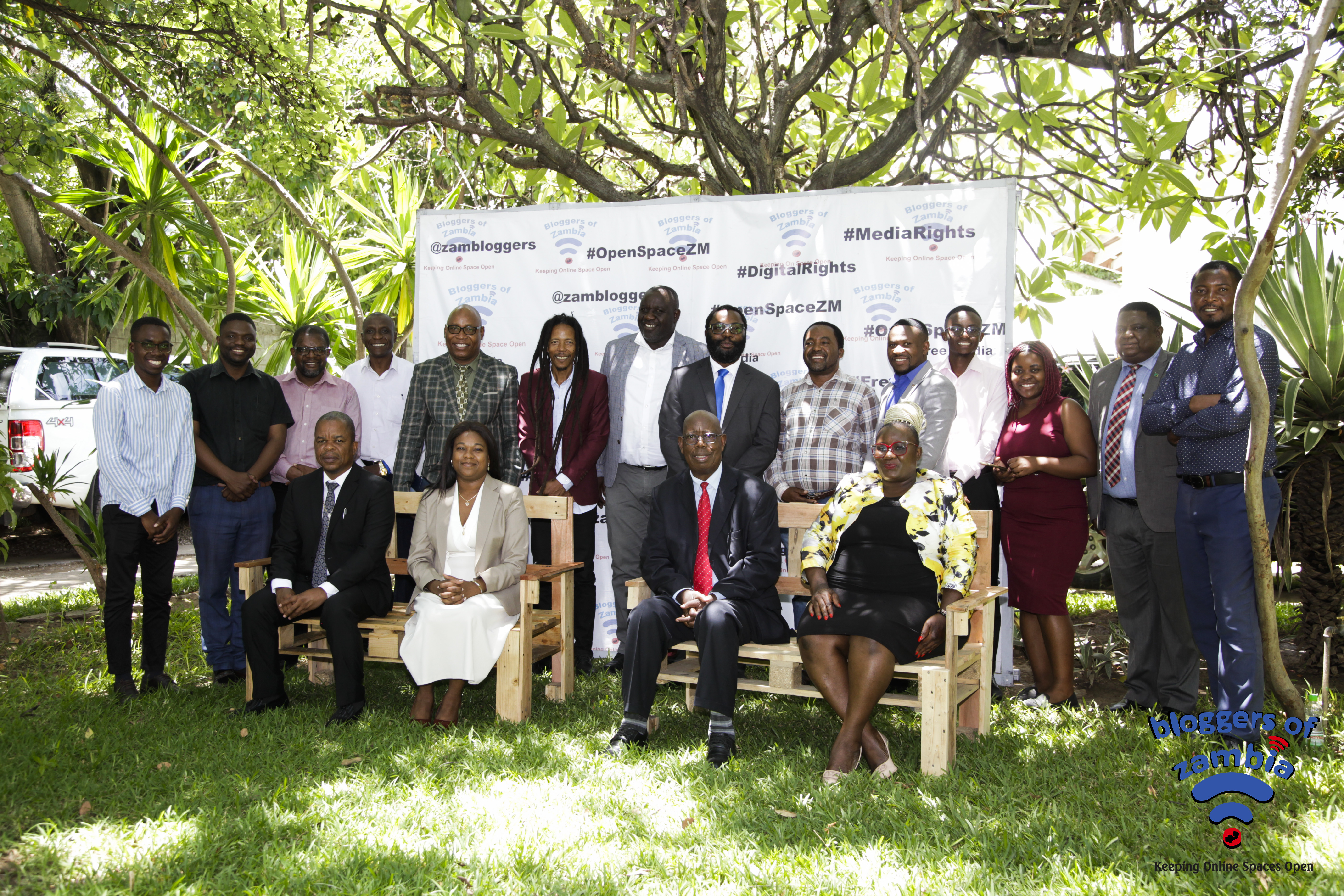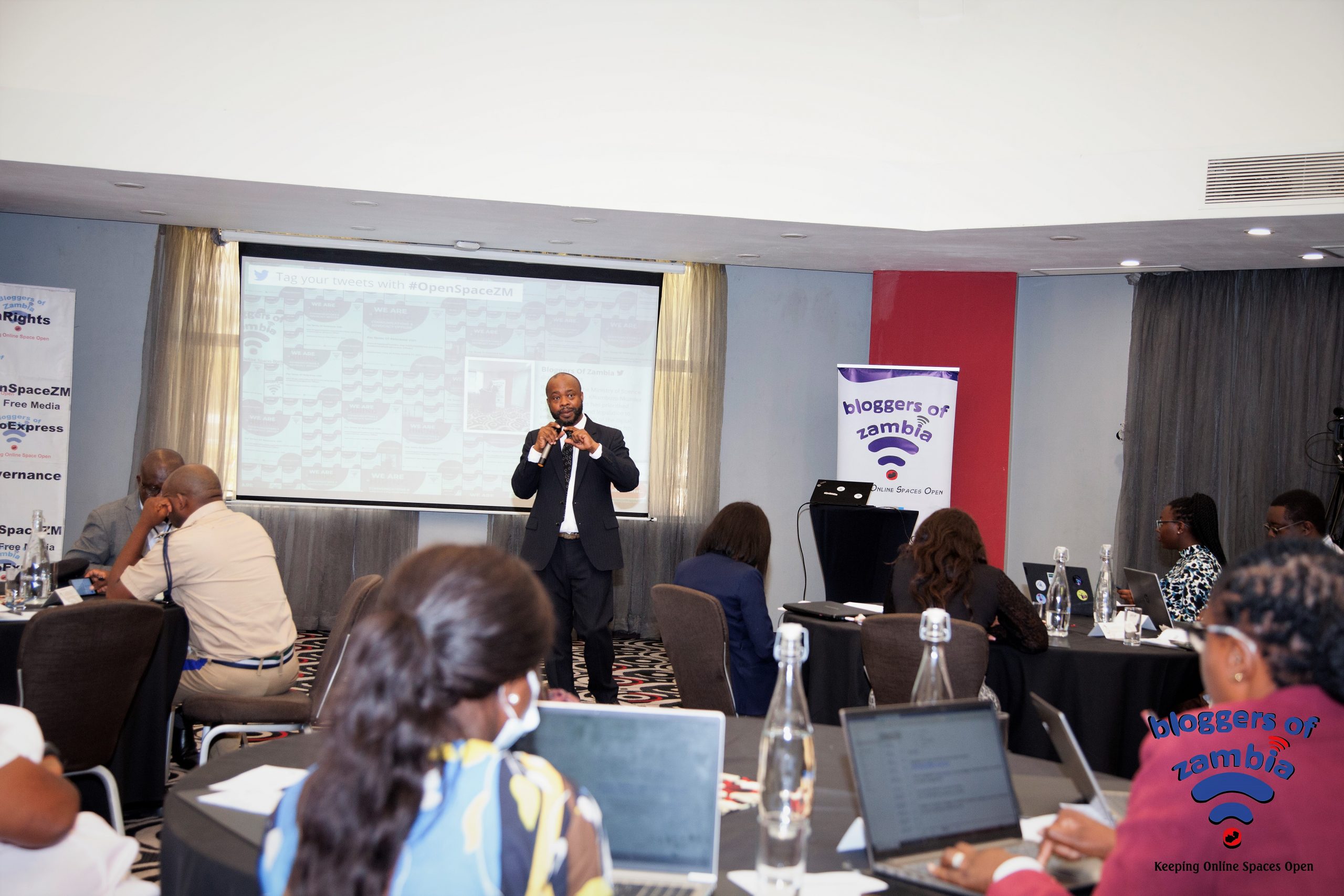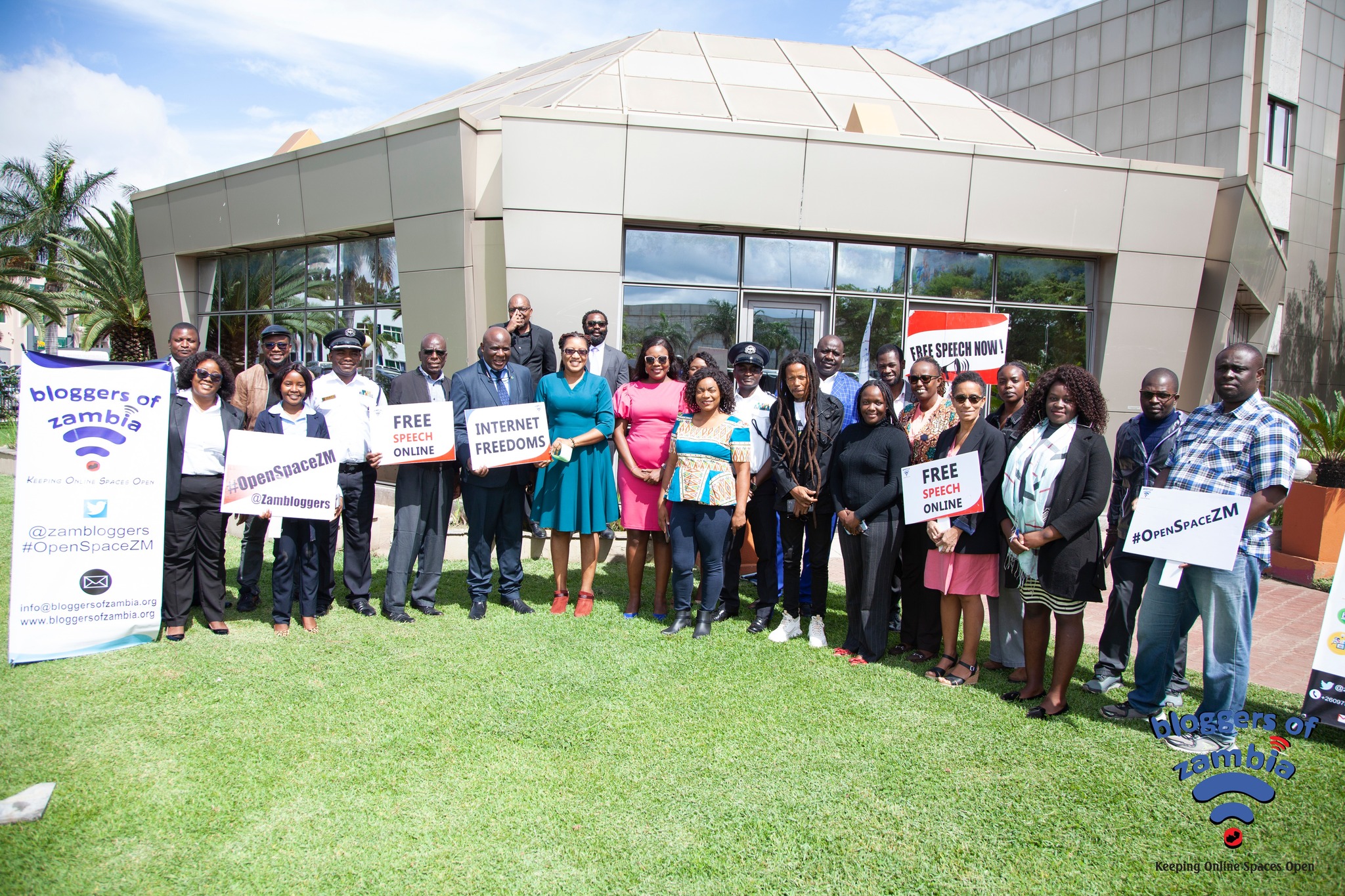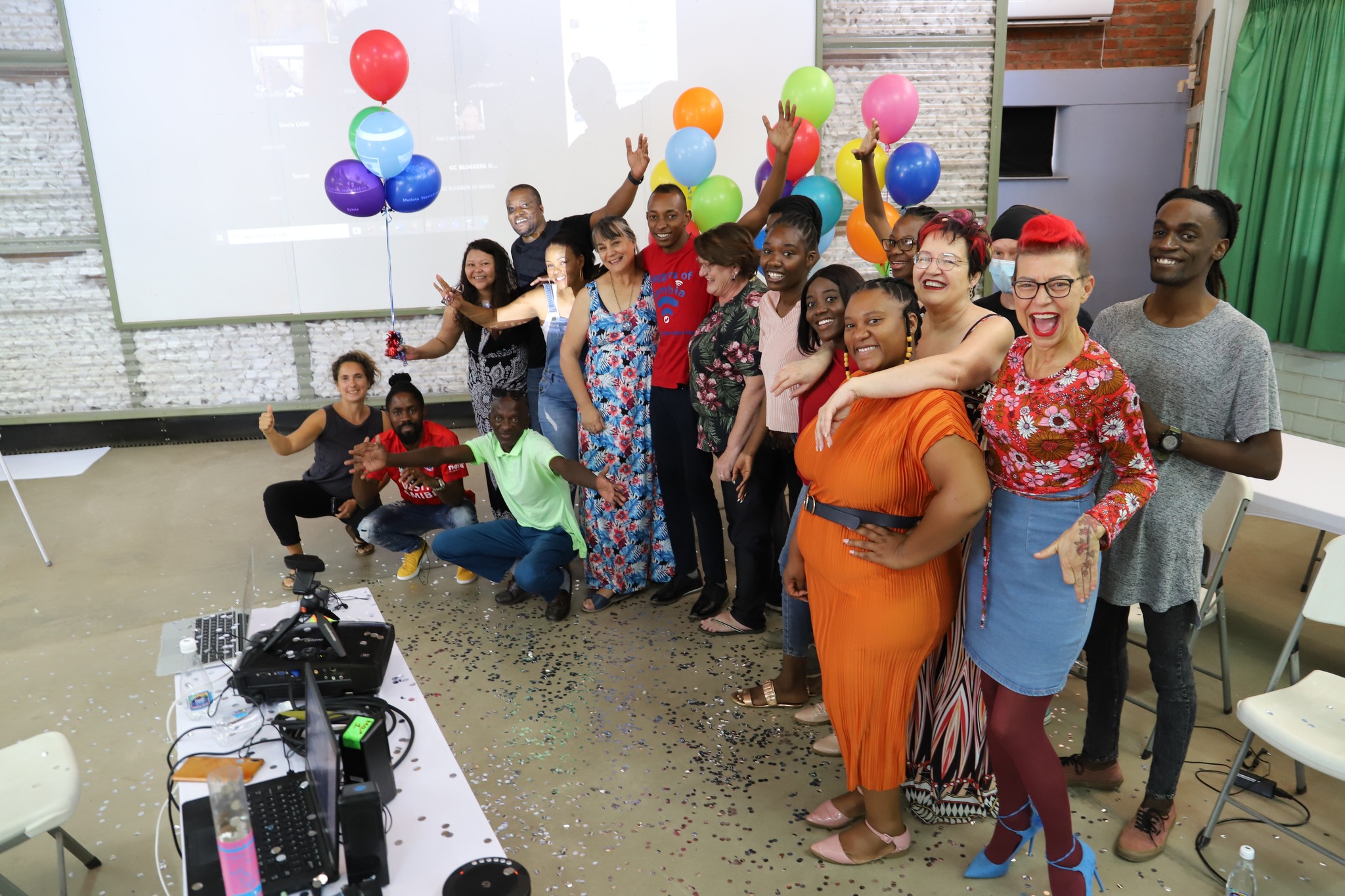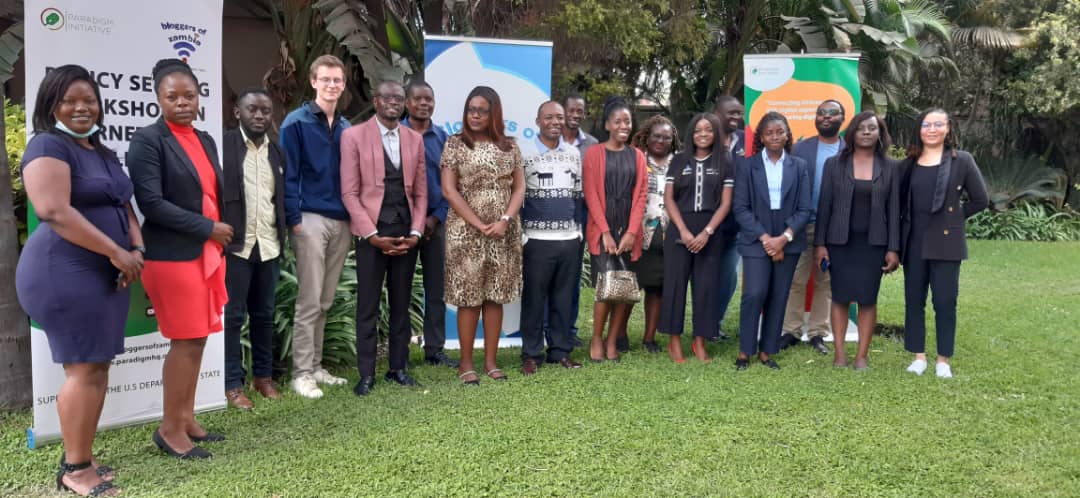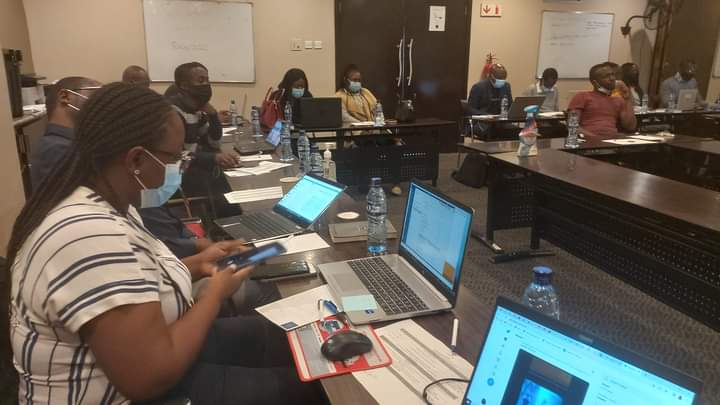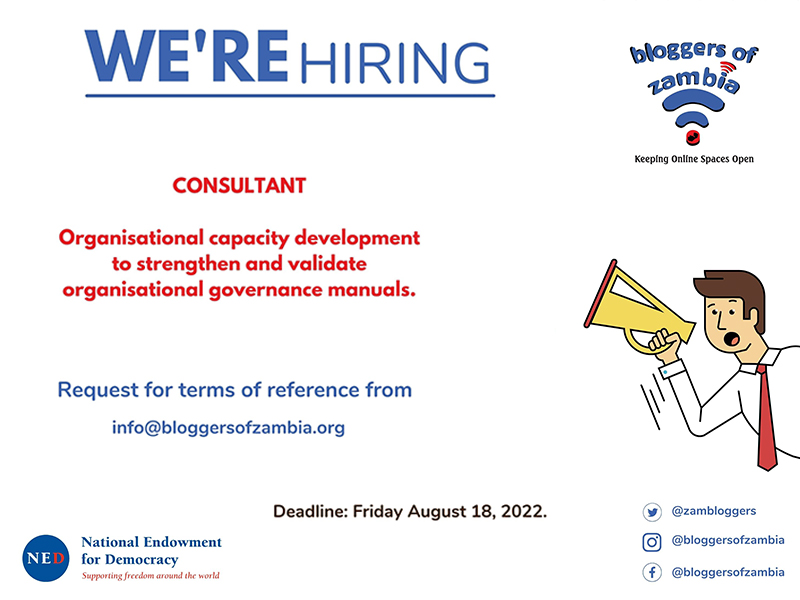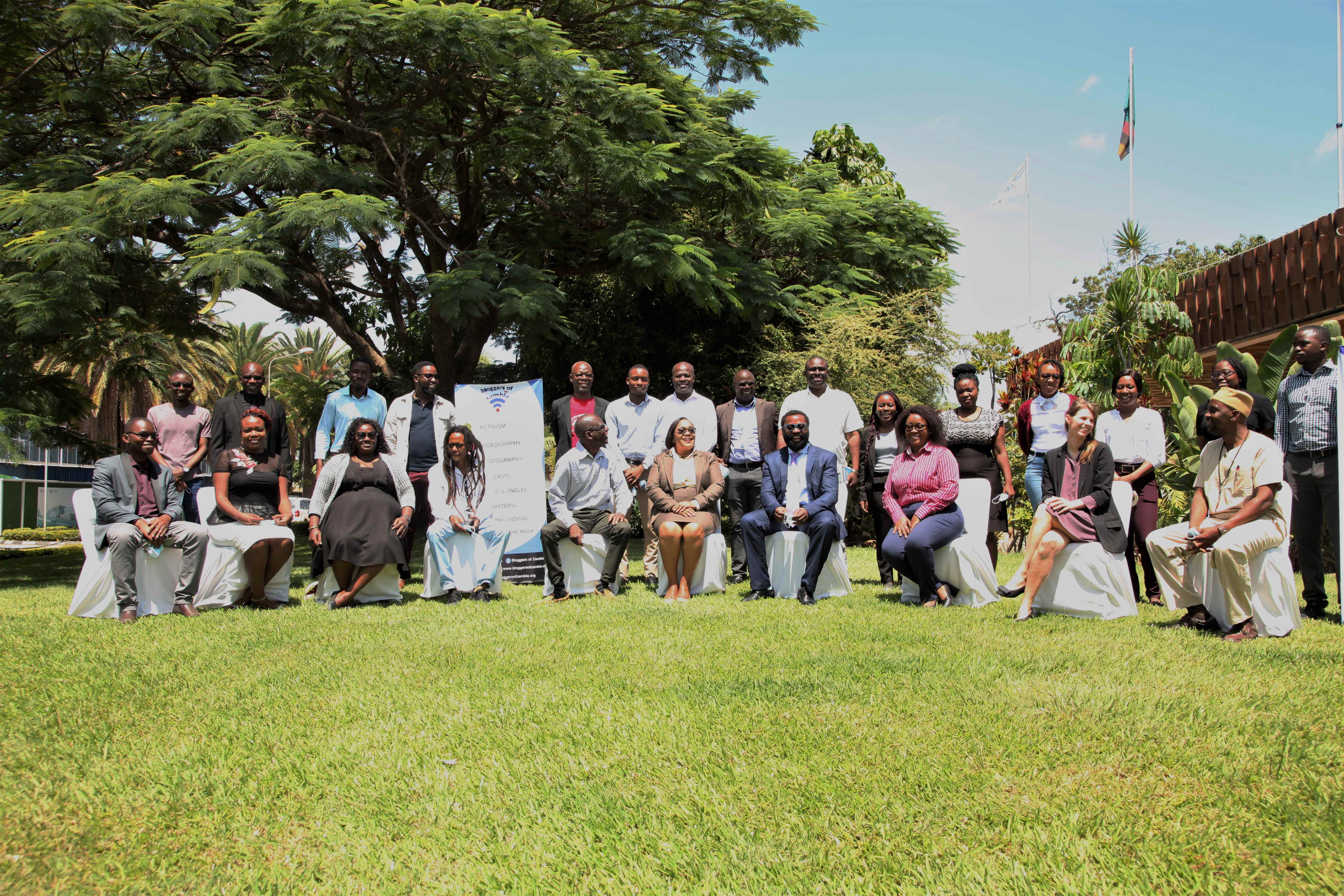MarriageWoesInZambia: Budget Breakdowns and Cholera Fallout Strain Relationships! Can Love Survive the Economic Meltdown?
By Margaret Malenga
In a shocking turn of events, Zambia’s struggling economy has unleashed a storm on the sacred institution of marriage, as couples find themselves grappling with the harsh realities of financial instability. The impact of this economic turmoil, coupled with the devastating effects of the recent Cholera outbreak, has left many questioning the durability of their relationships.
Social media platforms have become the battleground for frustrated citizens to vent their anger over the state of affairs in the country. Surprisingly, some have voiced their nostalgia for the previous government, claiming that the United Party for National Development (UPND) has brought even worse hardships compared to the Patriotic Front (PF) administration.
“For richer or poorer” seems to hold little comfort for Zambian citizens, who continue to struggle with unemployment and the rising cost of living. Despite promises of job creation by the government, many individuals lament the lack of employment opportunities. The recent hike in fuel prices has only added to the burden, with salaries remaining stagnant, leaving Zambians feeling disillusioned and hopeless.
One frustrated bank teller, during a casual conversation, expressed her exasperation, saying, “Salaries remain the same, but the cost of living keeps rising. Why should I even consider getting married?” Similarly, a Yango driver opened up about the financial expectations within marriage, stating that wives should contribute financially to alleviate the burden on their partners. This underscores the dramatic shift in traditional gender roles as financial pressures mount.
The Cholera outbreak has further strained relationships, with husbands falling ill, wives rushing to hospitals, and children suffering. Reports on social media even suggest that some marriages have crumbled due to insensitive actions related to the deadly disease. The desperation of Zambian widows has been laid bare, as they face not only the loss of their loved ones but also the daunting prospect of rebuilding their lives in this unforgiving economy.
The intertwining of economic hardship and marital strain has resulted in a disturbing trend. As the cost of living skyrockets, divorce rates in Zambia have surged. Astonishingly, in 2023 alone, approximately 36,000 couples filed for divorce, compared to 31,452 in 2022, intensifying concerns about the links between personal relationships and financial stability.
Anne Anamela, the executive director of the NGOCC (Non-Governmental Organizations Coordinating Council), emphasizes that the financial burden of sustaining households drives couples to the brink. These unmet financial expectations often lead to conflicts, exacerbated by weak communication within relationships. The rising costs of housing, education, and healthcare contribute to this strain, resulting in a breakdown of family dynamics.
Shadrick Chembe, the Monitoring and Evaluation manager at WOMEN For Change Programme (WFC), highlights another factor in the rising divorce rate – the struggle to adjust to shifting power dynamics. In a society where women have traditionally been suppressed, the changing roles and increasing empowerment of women lead to adjustments that some couples fail to navigate successfully. This power struggle, coupled with unresolved conflicts, eventually leads to divorce and even gender-based violence.
While poverty alone cannot be solely blamed for the deteriorating relationships, it is undeniably a significant contributing factor. The intricate power dynamics that emerge alongside economic challenges necessitate substantial adjustments from both partners. Drawing lessons from other countries that have undergone similar transformations, it becomes evident that the exchange of power can be a daunting process for couples, ultimately resulting in breakdowns and divorces.
As the cost of living continues to soar, the chance of living a happy and fulfilling life diminishes. The people of Zambia find themselves trapped in an economy marred by corruption, theft, and relationship breakdowns. The need for a comprehensive approach to address these deep-rooted issues becomes more pressing, as personal relationships and the social fabric of the nation hang in the balance.

